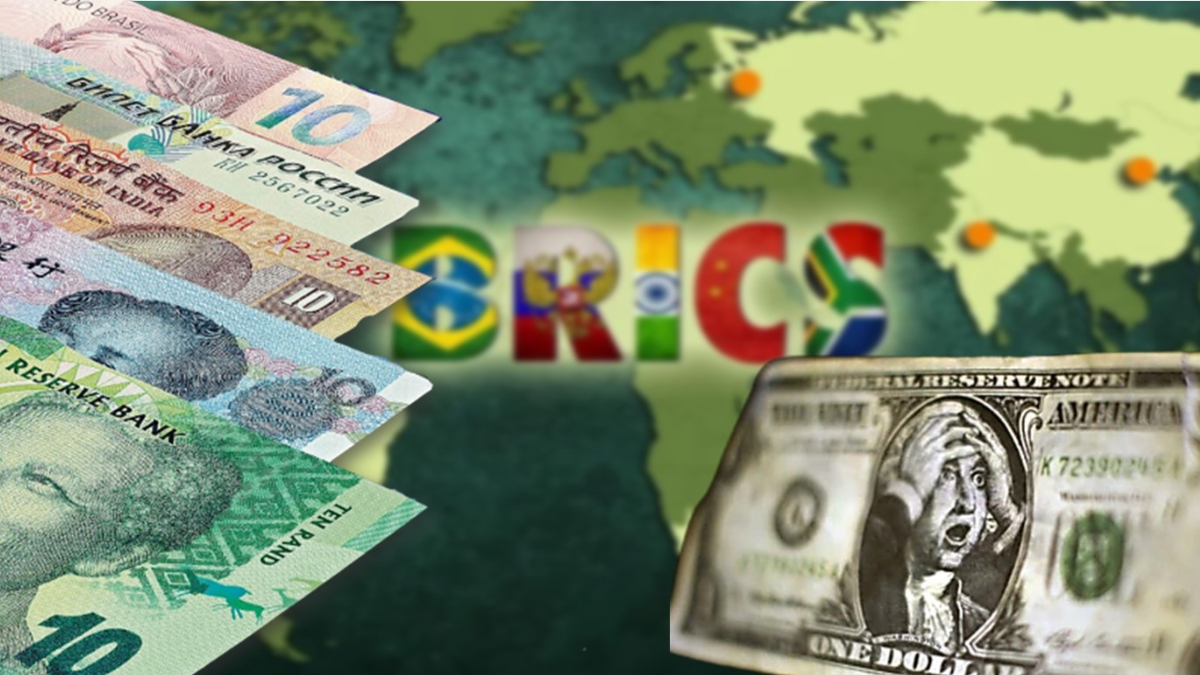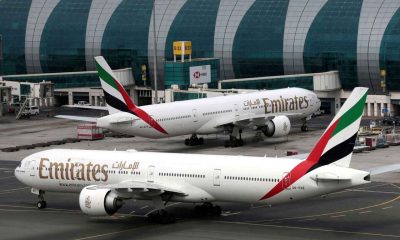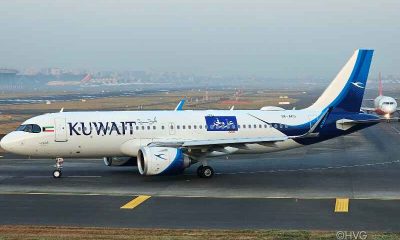During its annual summit in Johannesburg, the BRICS group, consisting of Brazil, Russia, India, China, and South Africa, extended invitations to six additional countries, including Saudi Arabia, the United Arab Emirates (UAE), Iran, Egypt, Ethiopia, and Argentina.
If these nations accept, it would mark a significant expansion, with Middle Eastern and North African countries joining the group by as early as January. This move carries implications for global geopolitics and economics.
BRICS: A Diverse Collective
The BRICS group represents 40% of the global population and a quarter of the global gross domestic product. However, it is a collective marked by significant economic disparities among its members. This diversity has often hindered the group from taking unified action.
BRICS was initially formed as an international platform for nations dissatisfied with Western dominance, particularly U.S. leadership.
Over the past 14 years, its most notable accomplishment has been the establishment of the New Development Bank, also known as the BRICS Bank. With expanded shareholders, including Bangladesh, Egypt, and the UAE, this multilateral development bank boasts around $50 billion in available funds and has approved loans of nearly $30 billion since its launch in 2014.
One driving factor behind BRICS expansion has been the desire to escape Western sanctions. Russia’s experience with sanctions following its Ukraine invasion accelerated this plan. Iran, also grappling with sanctions, sees BRICS membership as symbolic support for its strategy of forming alliances outside the U.S.-led axis.
A Challenge to Dollar Dominance
BRICS has long sought to diminish the dominance of the U.S. dollar in international transactions. Despite efforts to establish a common BRICS currency, the dollar continues to dominate international trade and foreign exchange reserves. The potential inclusion of Saudi Arabia and the UAE, two major energy producers, could bolster BRICS’ ability to promote alternative currencies.
However, Michael Tanchum, a nonresident fellow at the Middle East Institute, suggests that BRICS membership may not offer significant economic benefits from China that were not already accessible to countries like Iran, Egypt, Saudi Arabia, or the UAE. This is because the currencies of Saudi Arabia and the UAE are currently pegged to the U.S. dollar.
The expansion of BRICS, which could include Iran and Saudi Arabia, may have diplomatic implications. Although these countries have recently restored diplomatic relations, they have different foreign policy goals. BRICS could potentially strengthen diplomatic reconciliation by facilitating economic cooperation between these nations.
China’s Expanding Role
China plays a central role in BRICS expansion, aiming to reduce U.S. influence in the region. Recent developments, such as joint military drills with the UAE and a potential role in Saudi Arabia’s nuclear program, highlight China’s growing presence in the Middle East.
Also Read: New Gulf eSports Federation Emerges at Next World Forum
The potential inclusion of Middle Eastern and North African nations in BRICS could reshape the geopolitical and economic landscape. It reflects a desire among these countries to diversify partnerships and reduce reliance on Western powers. However, the success and cohesion of this expanded BRICS will depend on the ability of its diverse members to align their interests and navigate complex global dynamics.






















